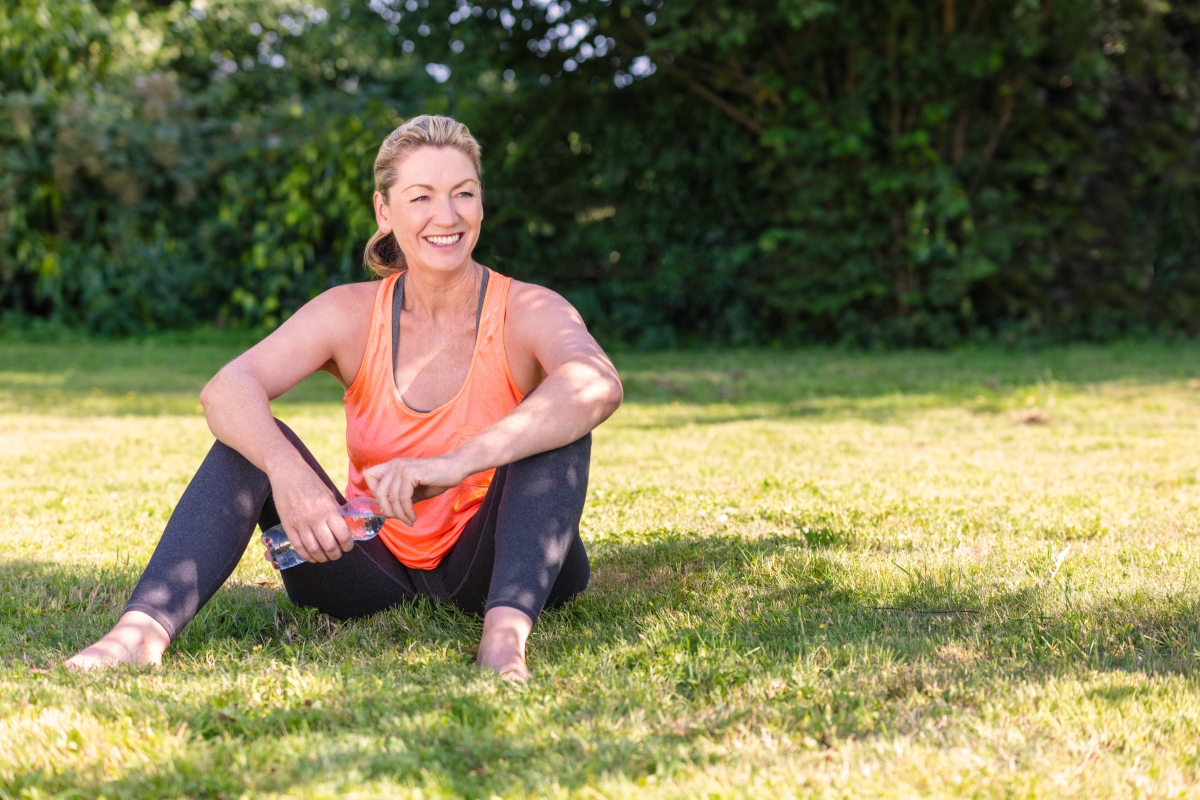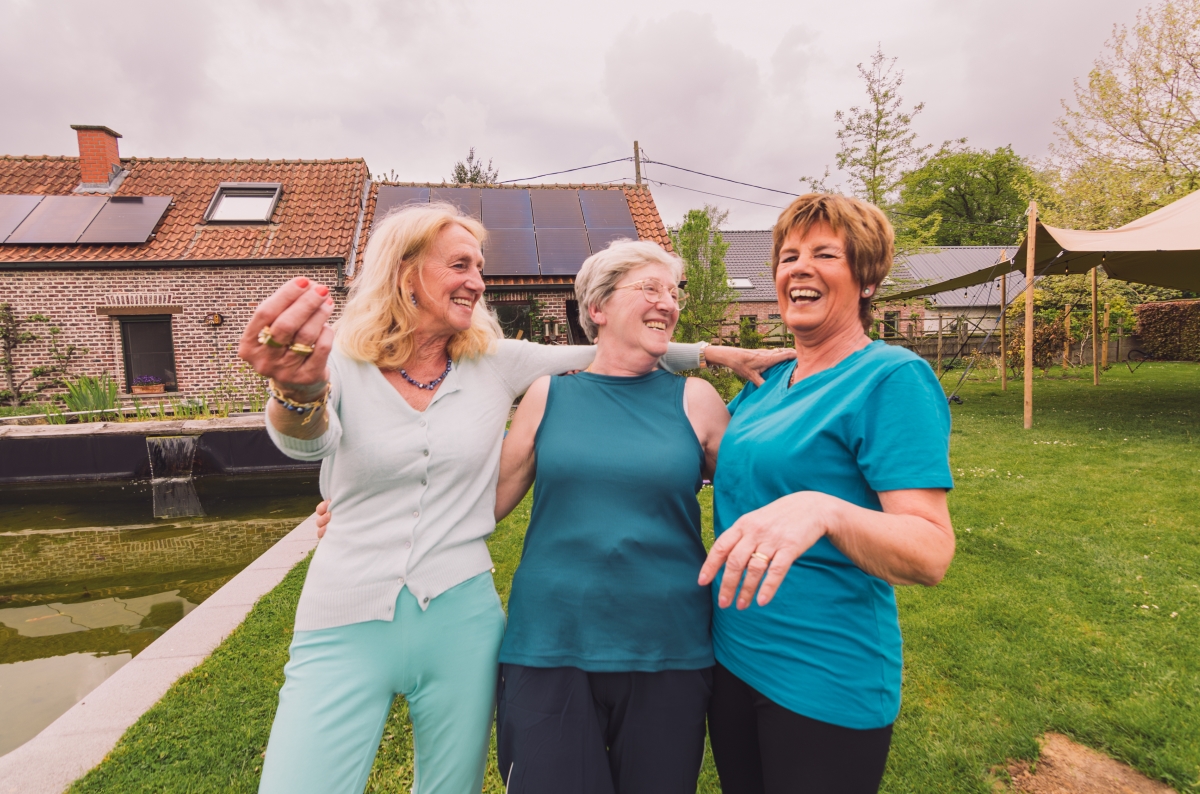Seasonal Wellness: Adapting Your Health Routine for Different Seasons

Staying healthy throughout the year requires more than consistency—it calls for a smart approach to adapt to the changing seasons. Each season presents challenges and opportunities for well-being, from temperature fluctuations to daylight availability and environmental conditions. Understanding how to modify health routines based on seasonal variations can improve comfort, prevent illness, and enhance overall quality of life for seniors.
Spring: A Time to Revitalize

Spring is often seen as a season of renewal, making it the perfect time to focus on refreshing your health habits. As the temperatures rise and nature blooms, this season brings opportunities and challenges. Pollen allergies, for instance, can be a nuisance for many, especially seniors who may already have sensitive respiratory systems.
- Allergy Management: Pollen and other allergens are at their peak during spring. If you suffer from allergies, consider talking to your healthcare provider about over-the-counter medications or natural remedies like local honey, which some believe can help build resistance to local pollen. Avoid going outside during peak pollen times (usually mid-morning), and keep windows closed to minimize exposure.
- Light Physical Activity: The pleasant weather makes spring an excellent time to increase outdoor activities. Gentle walks in a local park, gardening, or even light stretching exercises in your backyard can help improve flexibility and cardiovascular health. Remember to stay hydrated as your body adjusts to warmer temperatures.
- Fresh and Seasonal Eating: Spring is also a time to incorporate fresh vegetables and fruits into your diet. Opt for leafy greens, berries, and citrus fruits, which are rich in vitamins and antioxidants, boosting your immune system and energy levels. Seasonal produce offers the best taste and nutritional value and can be more affordable when sourced locally.
Summer: Beat the Heat with Smart Choices

Summer can bring extreme heat, longer days, and more social activities, making it essential to adjust your health routine accordingly. The main concern for seniors during summer is managing heat exposure and staying adequately hydrated.
- Hydration Is Key: Dehydration can happen quickly, especially when temperatures soar. Make it a habit to drink water regularly throughout the day, even if you don’t feel thirsty. Add fresh fruit like lemon or cucumber to your water for extra flavor. Avoid sugary drinks and caffeine, which can contribute to dehydration.
- Sun Protection: Sun exposure is necessary for vitamin D production, but too much can damage the skin. Always wear sunscreen with a high SPF outdoors, and consider wearing a wide-brimmed hat and sunglasses for additional protection. Stay indoors or shaded during the hottest part of the day, usually between 10 a.m. and 4 p.m.
- Cooling Exercises: Adjust your physical activity to cooler parts of the day, such as early morning or late evening. Low-impact activities like swimming or water aerobics are great options for seniors as they help build strength and stamina without putting strain on the joints. If you prefer indoor activities, consider yoga or stretching to maintain flexibility and reduce stress.
- Healthy Eating in the Heat: Summer is a season for fresh fruits like watermelon, berries, and peaches. These are not only refreshing but also high in water content, helping you stay hydrated. Light meals that include salads, grilled vegetables, and lean proteins can keep your energy up without making you feel sluggish in the heat.
Fall: Prepare for the Cooler Months

As the weather starts to cool down in fall, it’s important to adapt your routine to support your immune system and prepare for the colder months. This season is ideal for making sure your home and health habits are optimized for comfort and wellness.
- Boost Your Immune System: Cooler weather often coincides with an increase in seasonal illnesses like colds and flu. Strengthening your immune system by eating foods rich in vitamins C and D, such as citrus fruits, fish, and fortified cereals, can help ward off infections. Consider getting a flu shot as recommended by your healthcare provider.
- Layer Up and Stay Active: Fall brings cooler temperatures, but that doesn’t mean you should stay indoors. Layering your clothing can help regulate body temperature during outdoor activities. Continue with low-impact exercises like walking, tai chi, or biking to keep your joints and muscles active. Being outside in the crisp fall air can also boost your mood and mental well-being.
- Adjust Your Diet: Fall is the perfect time to enjoy hearty and nutritious foods like root vegetables, squash, and pumpkin. These are rich in vitamins, fiber, and antioxidants, helping you maintain energy levels as the weather cools. Hot soups and stews can be comforting and hydrating, providing essential nutrients to fuel your body.
- Mental Wellness Check-In: The shift in daylight during fall can affect your mood, leading to feelings of sadness or lethargy, a condition commonly referred to as Seasonal Affective Disorder (SAD). If you notice changes in your mood, talk to your doctor about possible treatments, including light therapy. Staying socially active and engaging in hobbies you enjoy can also help maintain a positive outlook during this season.
Winter: Stay Warm and Stay Safe

Winter is often associated with cold weather, shorter days, and an increased risk of illness. During this season, seniors need to take special precautions to stay warm, safe, and healthy.
- Stay Warm Indoors: Keeping your home warm is vital during winter. Ensure your heating system is working efficiently, and keep blankets and warm clothing within reach. It’s also important to check for drafts in windows and doors, which can let in cold air and increase your energy costs.
- Exercise Caution Outdoors: Slippery sidewalks and icy conditions can pose a fall risk during winter. If you need to go outside, wear shoes with good traction, use a cane if necessary, and consider walking on cleared paths. You might also want to invest in indoor exercise equipment like a stationary bike to maintain your physical activity levels without risking falls.
- Combat Dry Skin and Dehydration: Cold weather and indoor heating can lead to dry skin, so keep moisturizing lotion handy. Drinking warm teas and soups can help maintain hydration during the cold months. Opt for herbal teas that offer health benefits, such as chamomile for relaxation or ginger for digestion.
- Winter Nutrition: With fewer fresh fruits and vegetables available in winter, focus on frozen options, which retain most of their nutritional value. Foods rich in vitamin C, like oranges and broccoli, can boost immunity, while whole grains and lean proteins can help sustain energy. Incorporating warm, nutrient-dense meals like oatmeal, stews, and casseroles can be both comforting and nutritious.
- Combatting the Winter Blues: The long, dark winter months can sometimes lead to feelings of isolation or sadness. If you feel affected by the lack of sunlight, try to spend time in well-lit areas of your home, or consider light therapy. Staying connected with friends and family, whether through video calls or socially distanced visits, can also help lift your spirits during the winter.
Conclusion

Adapting your health routine for different seasons is essential for staying active, healthy, and mentally strong throughout the year. By paying attention to seasonal changes and adjusting your diet, exercise, and self-care routines, you can enjoy the benefits each season has to offer while minimizing its challenges. Whether it’s staying hydrated in summer or protecting yourself from the cold in winter, small changes can make a big difference in your overall well-being.
As each season approaches, take stock of your current routine and make necessary adjustments to align with the season’s demands. This proactive approach will help you maintain your health and well-being year-round, ensuring you can enjoy life’s activities no matter the weather.





